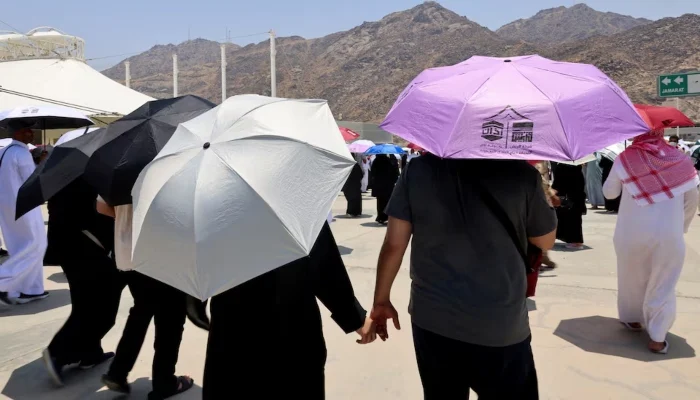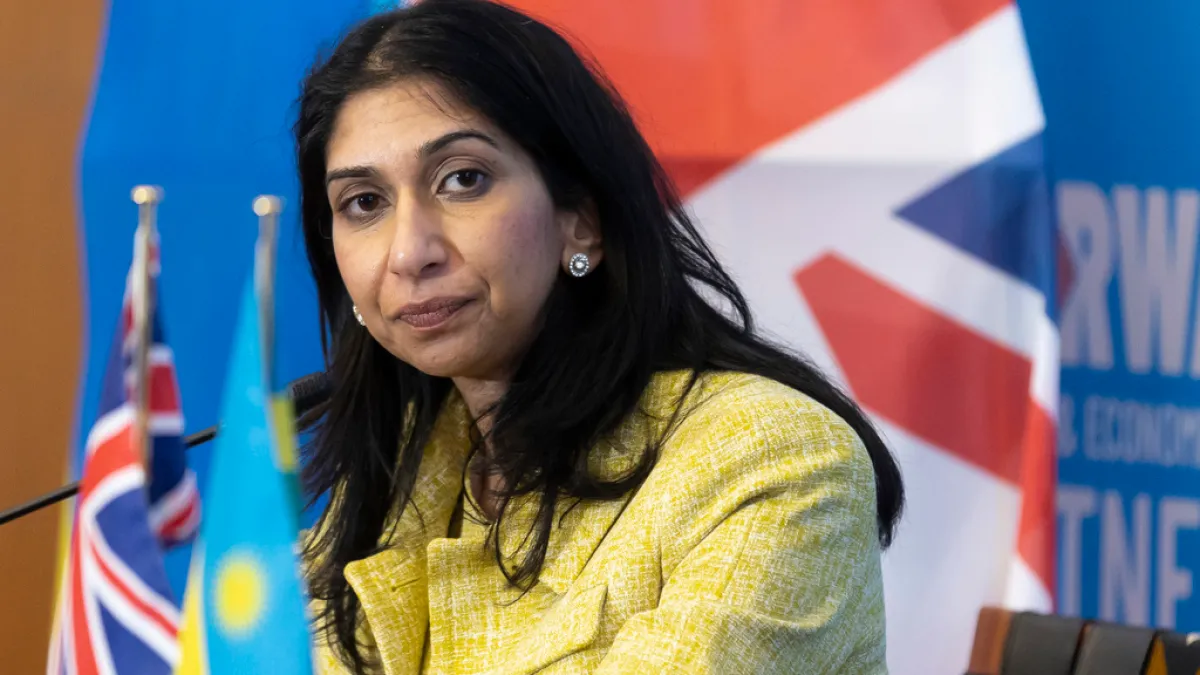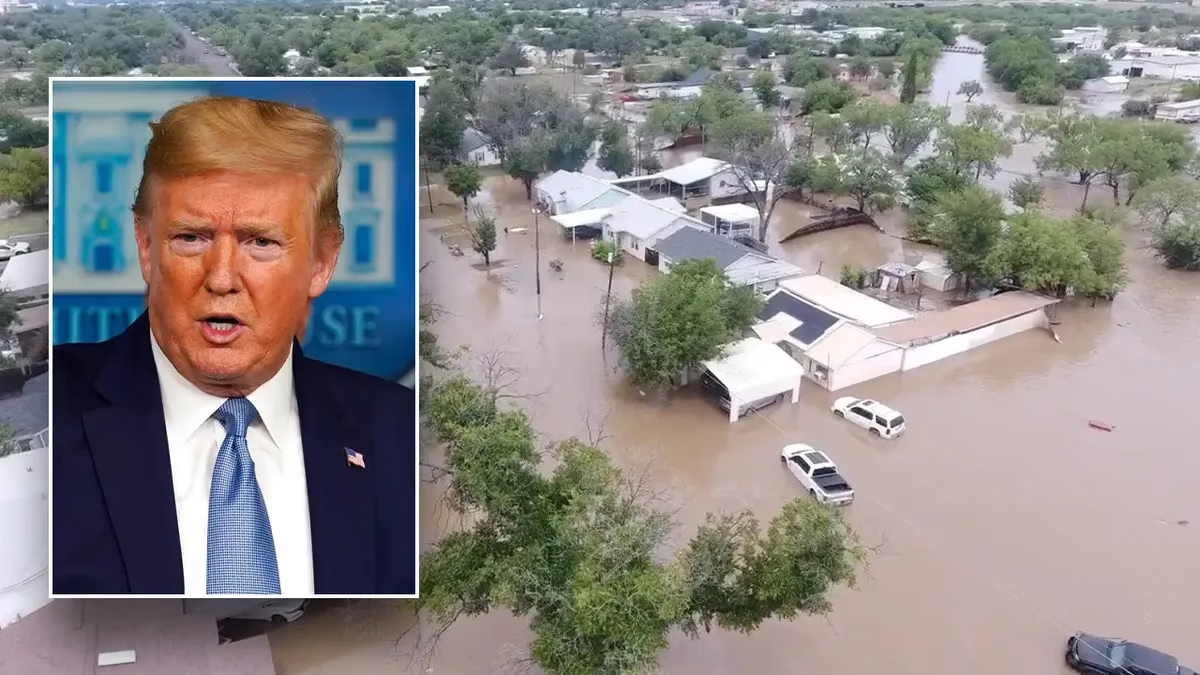In a tragic turn during this year’s Hajj pilgrimage in Saudi Arabia, a severe heatwave claimed the lives of approximately 1,300 pilgrims, with experts attributing the intensity of the heat to climate change. European scientists from ClimaMeter conducted a weather attribution analysis revealing that temperatures along the pilgrimage route soared to alarming levels, exceeding 51.8°C at Mecca’s Great Mosque, exacerbated by human-caused climate change.
According to the analysis, without the influence of climate change, temperatures during the critical period from June 16 to 18 would have been approximately 2.5°C cooler. This finding underscores how climate change is not merely a future concern but a present-day reality impacting vulnerable populations directly. The scientists utilized satellite observations spanning four decades to compare weather patterns, noting that while the desert region has historically experienced dangerous heat, recent events like this June’s heatwave surpass previous records in severity.
Davide Faranda, a scientist at France’s National Centre for Scientific Research involved in the analysis, emphasized that the current intensity of heatwaves, including those experienced during the Hajj, is a direct consequence of fossil fuel burning. This underscores the role of human activities, particularly in nations like Saudi Arabia, which ranks among the world’s largest oil producers and a significant contributor to global carbon emissions.
The World Weather Attribution group has previously indicated that globally, heatwaves are now on average 1.2°C hotter compared to preindustrial times, a stark reminder of how climate change has amplified extreme weather events. Medical experts, while cautious about directly attributing deaths to heat, acknowledge that the severe conditions likely exacerbated underlying health conditions among pilgrims, leading to fatalities.
Critically, the timing and severity of the Hajj heatwave have shifted, with historical data showing similar events occurring in May and July, whereas June now experiences more intense heatwaves. This shift aligns with broader climate change projections that anticipate more frequent and severe heatwaves in many regions, particularly those already susceptible to extreme temperatures.
Mohamed Adow, director of Power Shift Africa, highlighted Saudi Arabia’s pivotal role in global climate action. Despite being a major emitter of greenhouse gases, including historical carbon emissions exceeding 4% of the global total, Saudi Arabia has been criticized for impeding international efforts to mitigate climate change.
The implications extend beyond the immediate human tragedy during the Hajj pilgrimage, raising urgent questions about global climate policies and the responsibilities of major fossil fuel producers. The incident underscores the need for concerted global action to reduce emissions and adapt to the escalating impacts of climate change, particularly in regions where vulnerable populations are most at risk.
The deadly heatwave during the 2023 Hajj pilgrimage serves as a poignant reminder of climate change’s disproportionate impact on vulnerable communities. It calls for not only immediate humanitarian responses but also sustained efforts to address the root causes of climate change and enhance resilience against future extremes. As the world grapples with escalating temperatures and their consequences, the urgency of global cooperation and climate action cannot be overstated.



